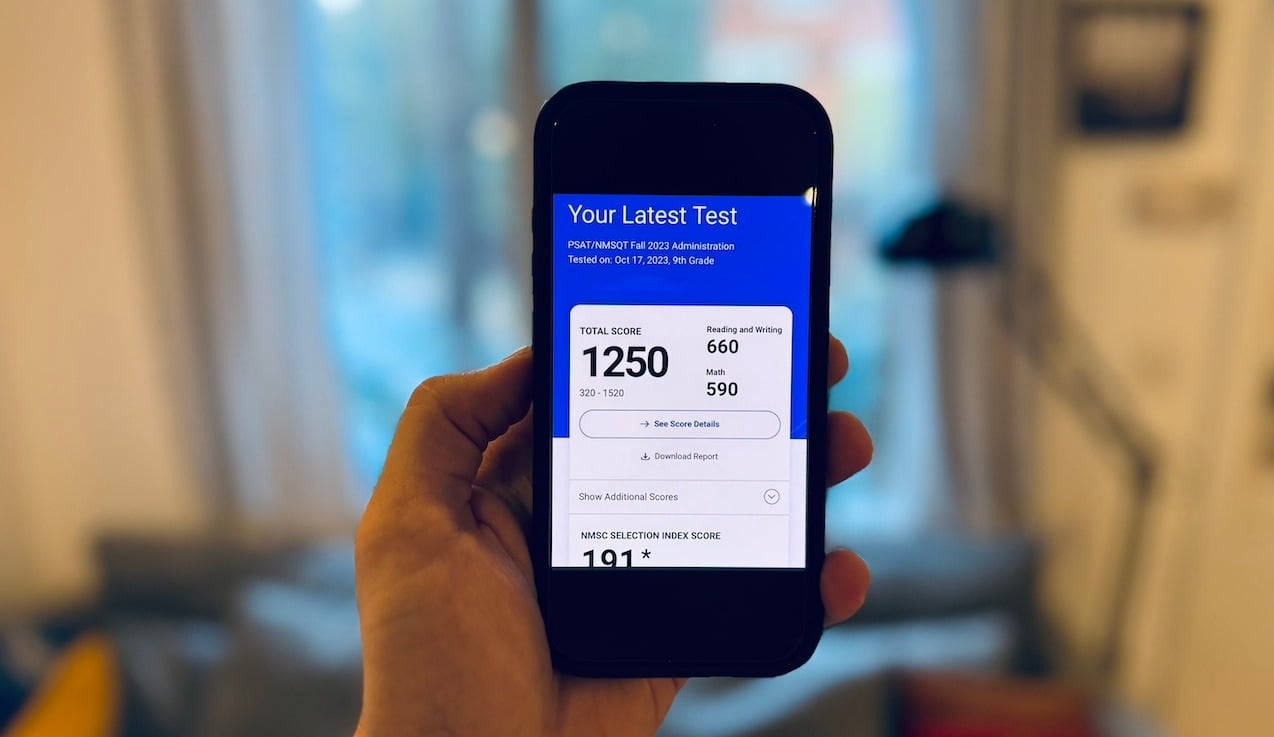High school students are revving up for the end of the school year.
You might be focused on Advanced Placement exams, taking the ACT or SAT, and getting ready for prom. Many of you are also planning to take Subject Tests by the end of the year.
Before you register for these infamous tests, consider these important points:
- Only 25 to 30 colleges a year require Subject Tests, and another 25 or so will typically “recommend” them. That accounts for only about 1% of all colleges and universities in the United States. The likelihood that a student has to take Subject Tests is actually very low.
- The only colleges that require or recommend Subject Tests are highly selective colleges. As much as students have high aspirations to get admitted to these schools, they need to be honest about their chances. Only a small percentage of students will get admitted to these schools with below average test scores, and those students usually have special considerations in the admissions process because of their circumstances or talents.
BONUS: All You Need to Know About Subject Tests in One Handy Guide - While it is difficult to find average Subject Test scores for admitted students at the colleges who require or recommend them, the best way to get a sense of what scores will be competitive is to use the average scores on each section of the SAT. For example, if the average scores on each section of the SAT is 730, it is likely that the average Subject Test scores of admitted students is around that score as well.
- There is a cost associated with Subject Tests. The registration fee is $26, and then each test costs between $18 and $26 unless a student has a fee waiver. If a student registers late for these tests or chooses to send a college their scores after registration, the cost increases. And, most students will take more than one Subject Test. Things start to add up, and this doesn’t even include the cost of test preparation which could cost several hundreds of dollars or more.
- If a student is wondering why some elite colleges only “recommend” Subject Tests, it’s typically because of the cost associated with taking the test. That being said, if it’s clear that the student can afford it based on family background, there is usually an expectation that the student follows through in taking them. The expectation is lower for low-income students who don’t have the same resources to prepare and pay for the test.
- Most students take these tests at the end of the school year when they have a lot on their plate. Stress is high after they take AP exams and end-of-year exams. The student should make sure they have the reserves to take these Subject Tests because if a college requires or recommends them, they play a significant role in the admissions process.
- If a student is unsure about how they will perform on these tests, they should take a practice exam leading up to the test day. If their scores are significantly below the average scores of the colleges they are interested in, they need to take a step back. One option is to postpone the test until they are more prepared. Another option is to consider a different group of colleges that might not require Subject Tests or is more of a “match” based on other factors. Students who go into senior year with a realistic college list, will have more success in this process.
Approaching Subject Tests in a realistic way is the best approach. These tests take a toll on students both from a financial standpoint and an emotional one. Before registering, be absolutely sure you need to or should take Subject Tests. Your time, money, and energy might be better spent on other pursuits.












